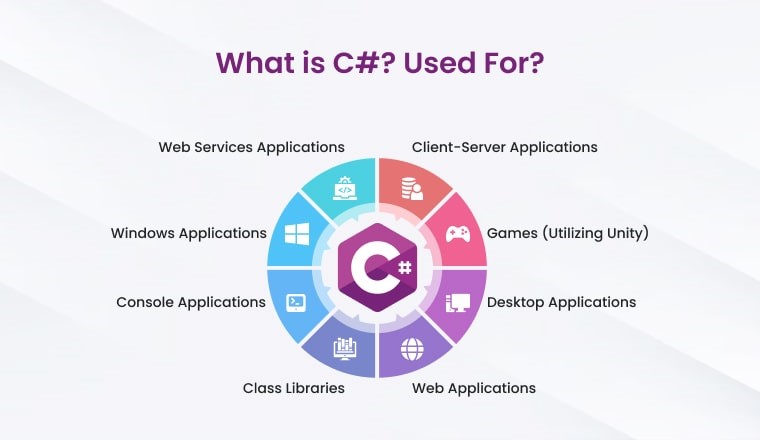
C# is popular for enterprise applications, game development (using Unity), and Windows applications.
With .NET, you can use C# for desktop, web, and mobile development.
C#’s OOP principles help create reusable, maintainable, and organized code.
C# has a clean syntax that’s intuitive, especially for those familiar with Java or C++.
To start coding in C#, you’ll need a development environment. Microsoft’s Visual Studio is the most popular choice, offering powerful tools and features.
Go to Visual Studio’s website and download the free version, Visual Studio Community.
During installation, select the .NET Desktop Development workload. This will install all the necessary libraries and templates.
Visual Studio Code: If you prefer a lightweight editor, you can use Visual Studio Code along with the C# extension.
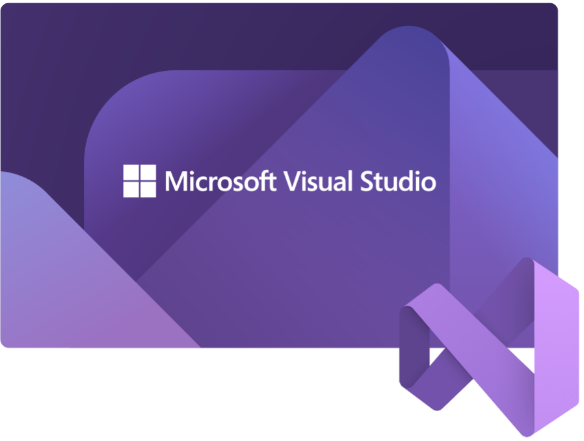
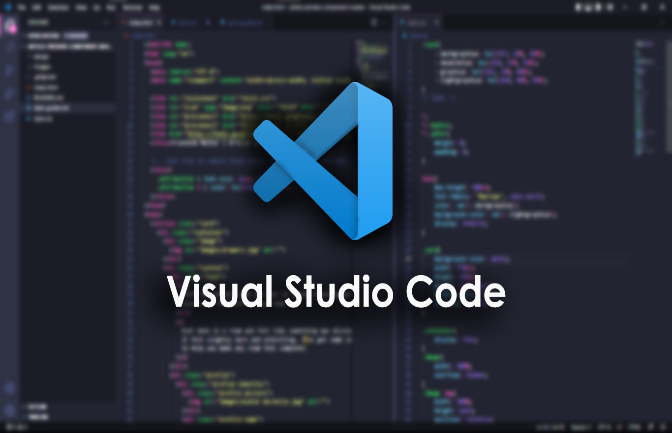
The best way to start is by writing a simple program. Let’s create a “Hello World” window form application in C#.
Open Visual Studio 2022 Community and start a new project.
Select Window Form App (.NET Framework) and give it a name.
private void button1_Click(object sender, EventArgs e)
{
label1.Text = "Hello World";
}
 . You should see “Hello, World!” printed to the window form.
. You should see “Hello, World!” printed to the window form. 
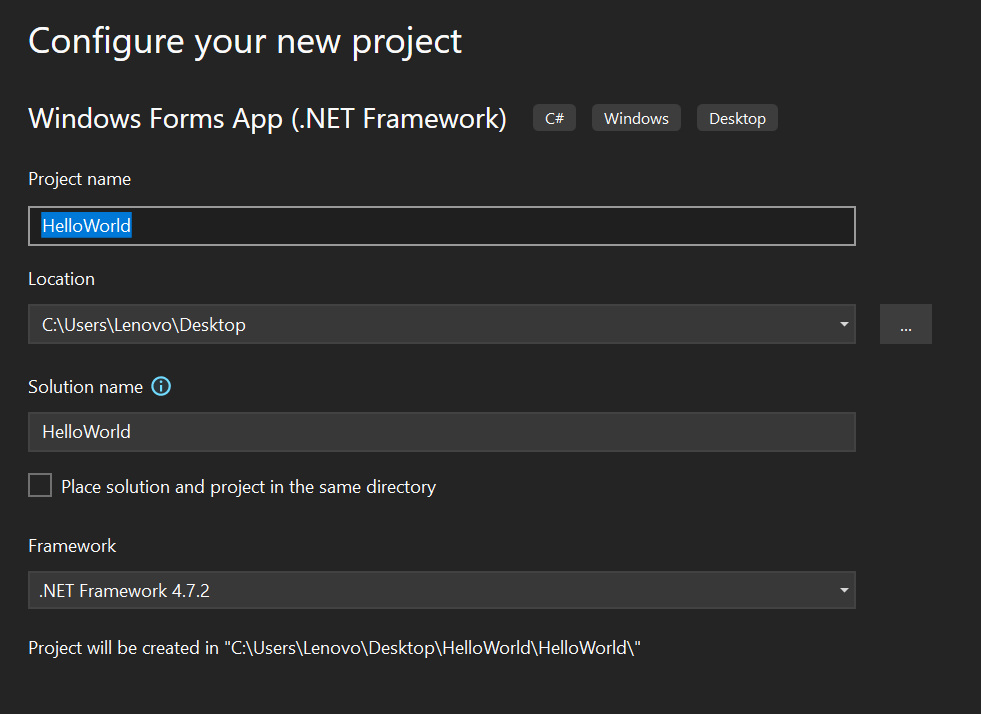
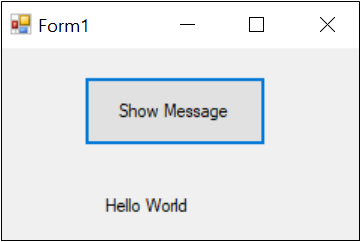
Before diving into complex programs, let's review some foundational concepts:
C# has various data types including integers, strings, and booleans. Here’s how you can declare and initialize variables:
C# includes arithmetic operators (+, -, *, /) and comparison operators (==, !=, >, <).
If Statements: Used to make decisions in code.
Loops: Such as for, while, and foreach to repeat code.
Yes, C# is in high demand across many industries, and it’s particularly valuable for several reasons:
Many businesses rely on C# for building robust, scalable enterprise applications, especially within the Microsoft ecosystem. C# integrates seamlessly with .NET, making it ideal for backend services, APIs, and large-scale applications that handle extensive data processing.
C# is the primary language for Unity, one of the most popular game engines used in the gaming industry. Unity is used to develop 2D and 3D games for mobile, PC, and console platforms. As a result, game developers with C# skills are highly sought after.
The .NET framework, especially with .NET Core, has made C# an appealing choice for web development. ASP.NET Core, a powerful web framework built on .NET, enables developers to build dynamic web applications, APIs, and services with C#.
With .NET MAUI (Multi-platform App UI) and Xamarin, developers can use C# to build cross-platform applications for iOS, Android, macOS, and Windows, making C# developers valuable for companies looking to reach users on multiple devices.
Cloud and IoT Applications:
C# is well-suited for cloud-based applications, and Microsoft Azure offers extensive support for C# through the .NET platform. Many companies are migrating to the cloud or building IoT applications, and C# developers can create, maintain, and optimize these solutions.
C#’s reliability and performance make it popular in industries like finance, healthcare, and government, where security and stability are critical.
Students learn how to integrate C#, Java, Python, and other languages within software projects, enabling them to build versatile applications that can communicate across platforms and systems. This skill is essential for creating multi-language solutions, such as combining a C# backend with a Java-based interface or a Python-based data analysis module.
The diploma covers software design principles, including UI/UX and architecture patterns, that enable students to create user-friendly and efficient applications. Development training includes coding, structuring, and managing applications, focusing on building scalable and maintainable software that meets user needs.
Debugging is a core skill in software engineering, and students are taught to systematically identify, analyze, and resolve code errors to ensure software reliability. This includes using debugging tools, understanding error messages, and applying problem-solving techniques to optimize application performance and stability.

 Vietnam
Vietnam